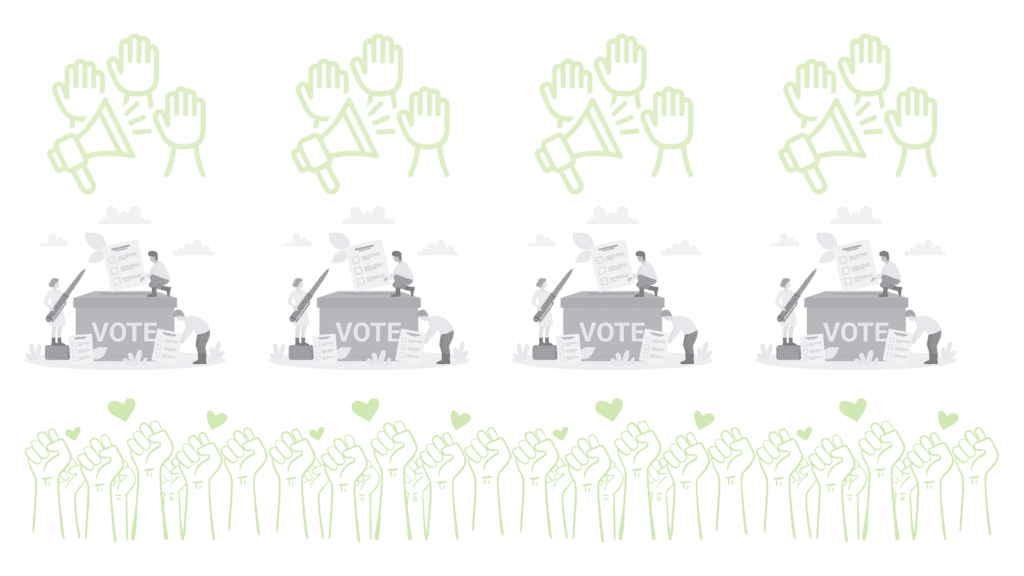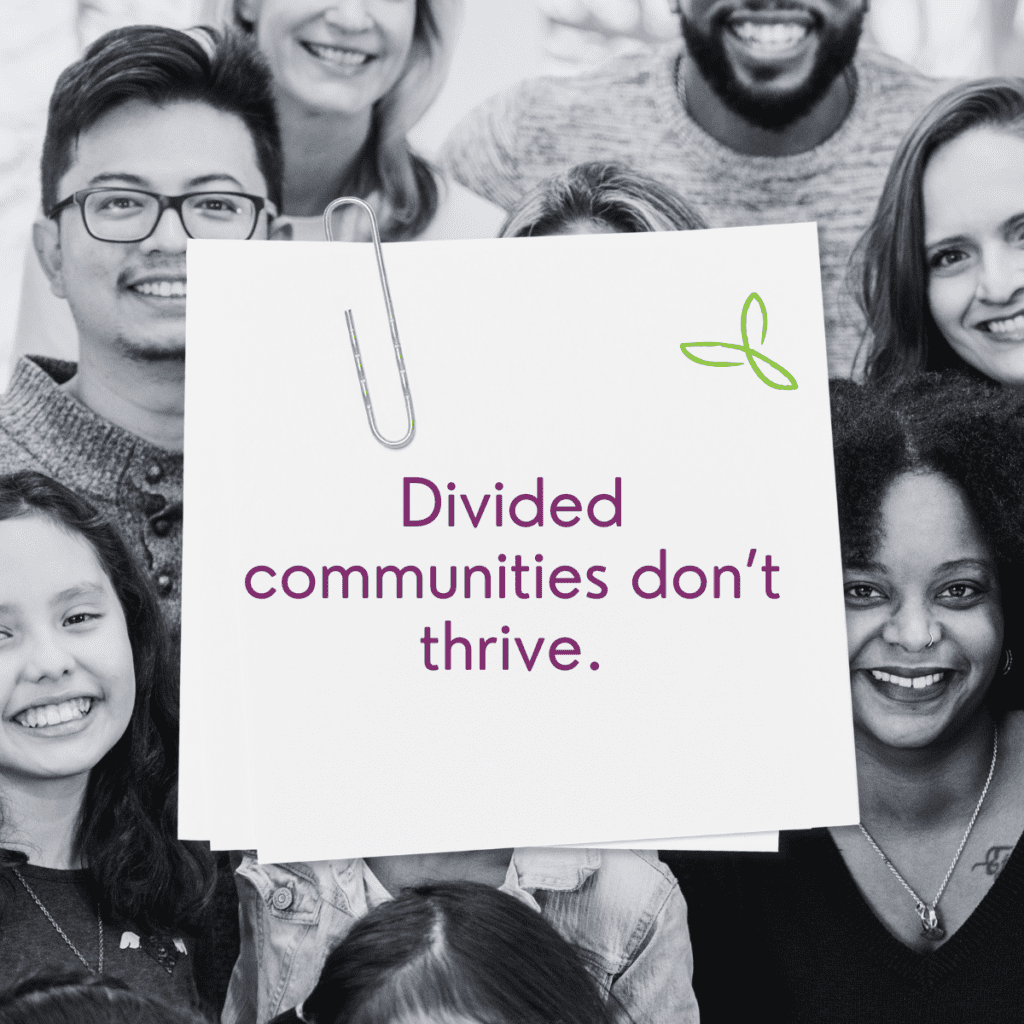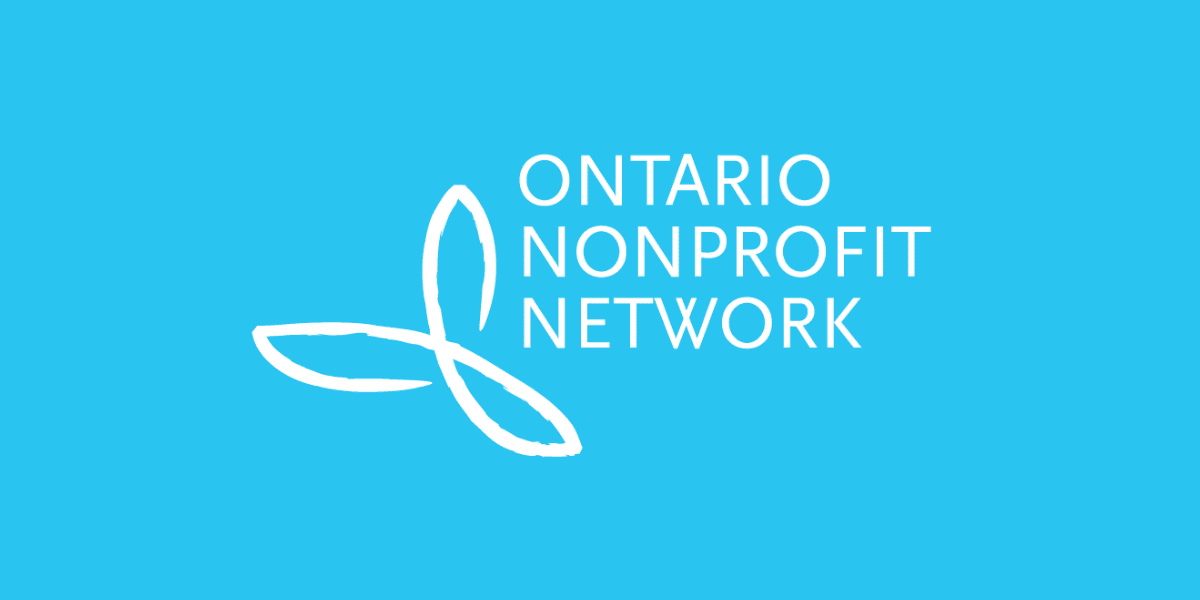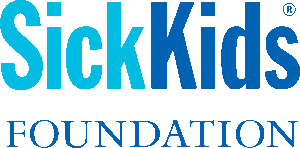
Blog
Democracy cannot thrive without the nonprofit sector
Across various demographic groups, income classes, and regions, nonprofits play an essential role in providing people with vital programs and services, and avenues to support causes that help the province (and beyond) thrive.
As an expression of democracy ourselves, nonprofits also have a critical role to play in activating and stewarding a thriving democracy. Governments make, implement, and enforce public policy. But it is the people – the citizens – who should drive it. Nonprofits can be the bridge between communities and government as we amplify community voices, provide unique public policy insights, and hold governments and decision-makers accountable.
There is significant untapped potential for Ontario’s nonprofit sector to help activate a healthy democracy, particularly right now as there are threats to it. But there are currently two barriers that seem to prevent this from happening.
At ONN’s 2024 Nonprofit Driven conference, we held a democracy plenary session where attendees discussed amongst each other what they had been observing at the intersection of nonprofits and a healthy democracy. We heard that the public’s lack of trust in government and overt polarization in communities were undermining the sector’s intrinsic role in a democratic society.
Barriers preventing nonprofits from rallying communities to support democratic processes
- Lack of public trust in government
The lack of trust the public has in government makes it considerably difficult to convince them to take civic action, like voting, no matter what political parties are promising. Amongst the everyday Ontarian, we are seeing an increase in apathy towards politics. A report by the Fraser Institute suggests that among their usual supporters, all major political parties have lost hundreds of thousands of supporters in the last two elections.
This lack of trust seeps into the nonprofit sector’s public policy and advocacy work. When people aren’t engaging civically, their concerns do not translate into policy solutions because policy agendas are driven by elected officials who are elected by the voters. This leads to a vicious cycle of people not voting, their issues aren’t on the agenda, and because their issues are not on the agenda, they are less likely to be civically engaged.
Despite the apathy, there is an opportunity for the sector to change things. Given the current and growing role nonprofits play in providing social services, amplifying public concerns, convening community initiatives, and adapting to social issues, trust in our sector has begun to supersede that of government. Public surveys conducted both in Canada and the US show that in the post-pandemic era most people have increasingly relied on nonprofit organizations to, not only provide care of some sort, but also to take a leading role in disseminating information, and coordinating public policy advocacy strategies. This means that our sector’s power in influencing public policy is higher than ever before.
- Overt polarization in communities
More and more nonprofits are having to navigate a politically and socially polarizing environment when delivering on their community-based missions.
There are two types of polarization that make the success of collective public policy advocacy difficult:
- Political polarization: Refers to the divergence of political attitudes to ideological extremes. Political polarization usually results in the omission of civil discourse with regards to policy, and leads to gridlock that makes it difficult for any government to adequately address issues. It’s also been noted to be a serious threat to the democratic rule of law because it undermines the public’s trust in government institutions.
- Social polarization: Refers to the widening gap between subgroups of people in terms of their social circumstances and opportunities, and the tensions that grow between these subgroups.

Internally, social polarization has exacerbated the division and lack of social cohesion in our society, and that is mirrored in our sector. This makes it increasingly difficult to have a collective voice on key priorities, let alone shared priorities. Externally, political polarization drowns out the noise of sound and comprehensive public policy advocacy. Due to the lack of trust in governments, the general public is becoming increasingly more inclined to side with more extreme views that adhere to their particular circumstance as opposed to indulging in productive public discourse.
What makes this phenomenon even more concerning is that populist movements feed into these widening effects of polarization for the sake of political power instead of making strides toward compromise and unification.
Nonprofits even suggest that the prevalence of misinformation and disinformation from public figures are responsible for the increase in apathy towards the democratic process by their stakeholders (people they serve or represent). In an era where news and information are no longer exclusively communicated through traditional outlets, people are easily susceptible to misinformation from uncredited sources.
Four ways nonprofits can overcome these barriers
These are big and complex barriers that require long-term systems change efforts from the sector, collectively.
One of the easiest windows to take advantage of and curb the effects of these issues is an election period. Elections are the one time when everyone (voting or not) pays the most attention to public policy issues. And as a sector, we can impact the agenda-setting of policy platforms in a way that truly reflects the interest of Ontarians.
To overcome the barriers to a thriving democracy, nonprofits can act as:
- Stewards of critical information: Nonprofits can provide a nonpartisan overview of each party’s election platform. Nonprofits, particularly those who have a social media presence or those who are rooted in community, are well positioned to assume this role and encourage their stakeholders to capitalize on their democratic rights; rest assured that the information provided is objective and based on facts.
- Catalyzers of civic engagement: Actively encourage your stakeholders, members, employees, and clients to vote. Many eligible voters, whether they be recent citizens, young voters, elderly, or voters with disabilities, do not have a good grasp of how Ontario/Canada’s first-past-the-post electoral system works. Thus, we encourage community organizations to develop engaging ways to educate their stakeholders on how the electoral process works( ie. mock elections, webinars, etc.)
- Public policy advocates: Meet with prospective MPP candidates to talk about policy issues that pertain to your nonprofit: Having one-on-one meetings with candidates is a great way to build a relationship. Candidates typically have strong ties to their community and carry those ties to the legislature. Knowing that you have someone you can trust advocating for your cause at Queens park goes a long way. Support candidate debates to assess the candidates’ take on certain public policies of interest which you can then share with your communities as stewards.
- Mobilizers! Unite with other local nonprofits or like-minded nonprofits to make your policy concerns known. Whether you are in the arts, environment, housing, or a community service org, there are other organizations like yours who want the same thing. When a variety of different organizations collectively make the same set of policy demands, it becomes difficult for governments to ignore.
With both snap federal and provincial elections on the horizon, now is the time to kickstart our democracy work. ONN will be offering workshops leading up to the election on how nonprofits can effectively strategize around the election, and how they can position themselves as stewards against misinformation and disinformation.
The state of our society is more divided and misled than any other time in recent history, but nonprofits can help bring communities back together.





